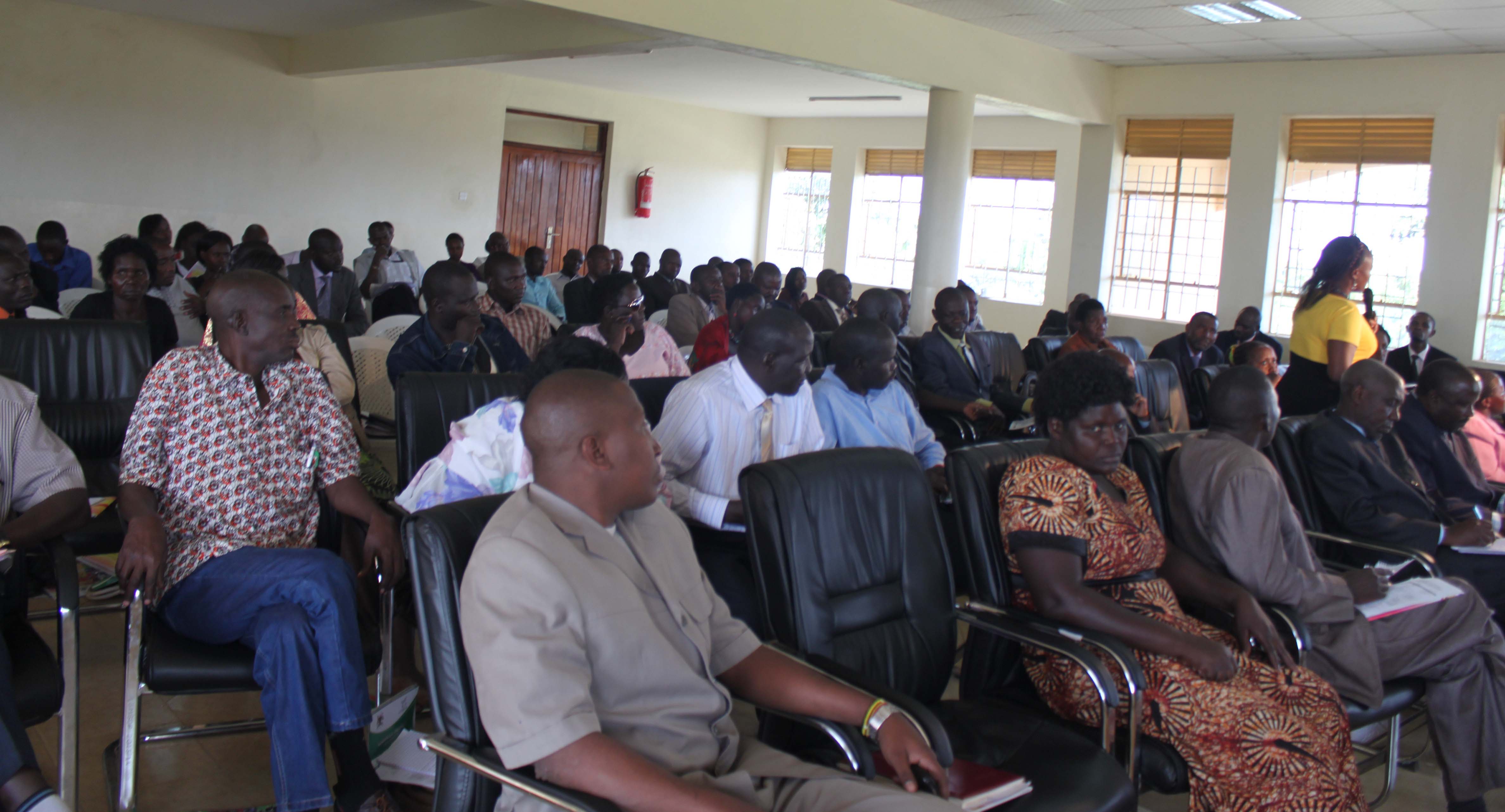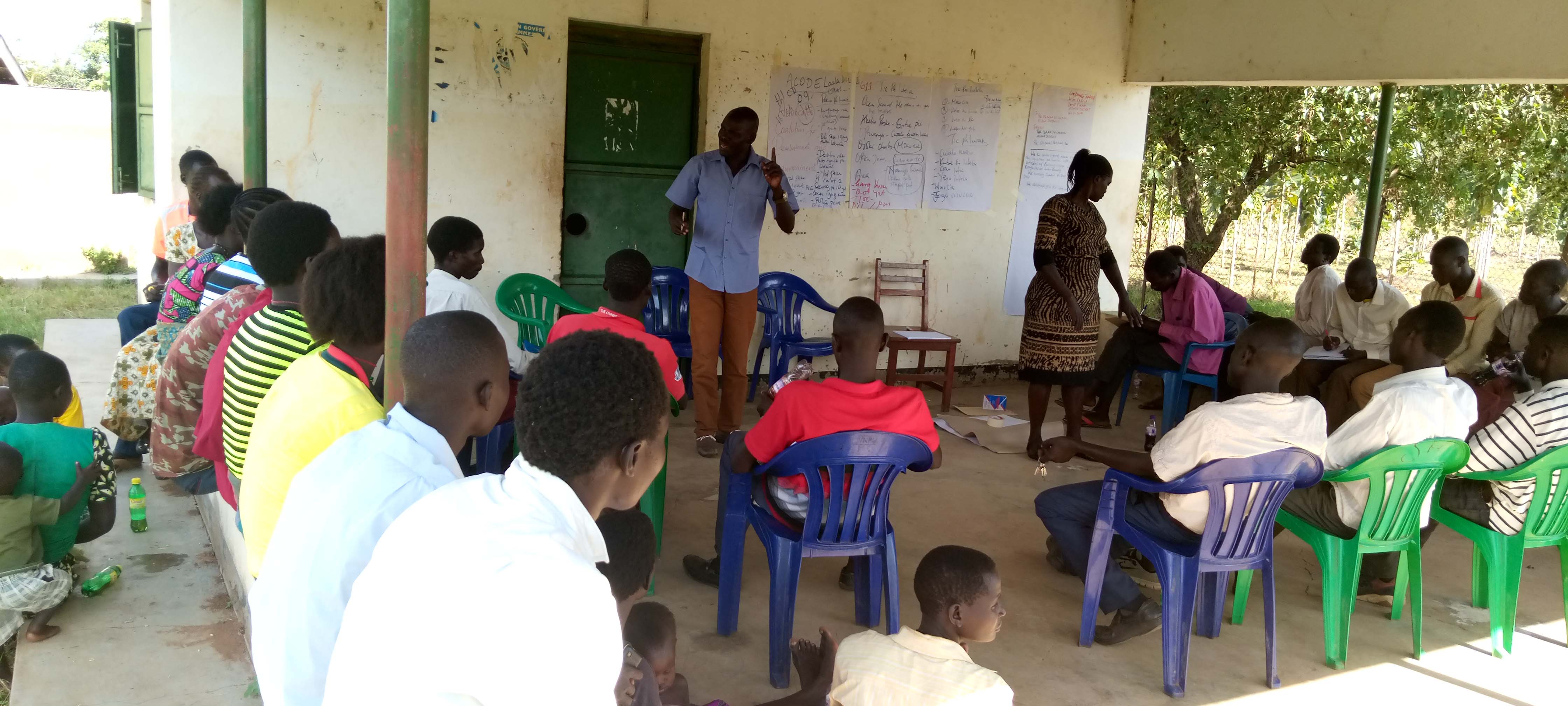- Home
- News & Information
- Success Stories
Amplifying Ugandan Voices: How Civil Society Shaped the COP29 Climate Agenda
Posted on: 2025-11-21 15:59:23

KAMPALA, UGANDA - Uganda, like many nations, is on the front lines of the climate crisis, facing severe weather, droughts, and food shortages. For too long, however, the voices of the people most affected—women, youth, and rural communities—were largely absent from national climate policy and international talks.
As COP29 approached, there was a real risk that Uganda would arrive at the global negotiating table without a clear understanding of its people’s urgent needs.
Recognising this gap, three key organisations—ACODE, Climate Action Network-Uganda (CAN-U), and the Environment and Natural Resources Civil Society Organisation Network (ENR CSO Network)—spearheaded a national campaign in October 2024.
Read MoreCaught Between Conservation and Survival: The IK Community’s Call for Inclusive Conservation in Karamoja
Posted on: 2025-11-21 15:55:10
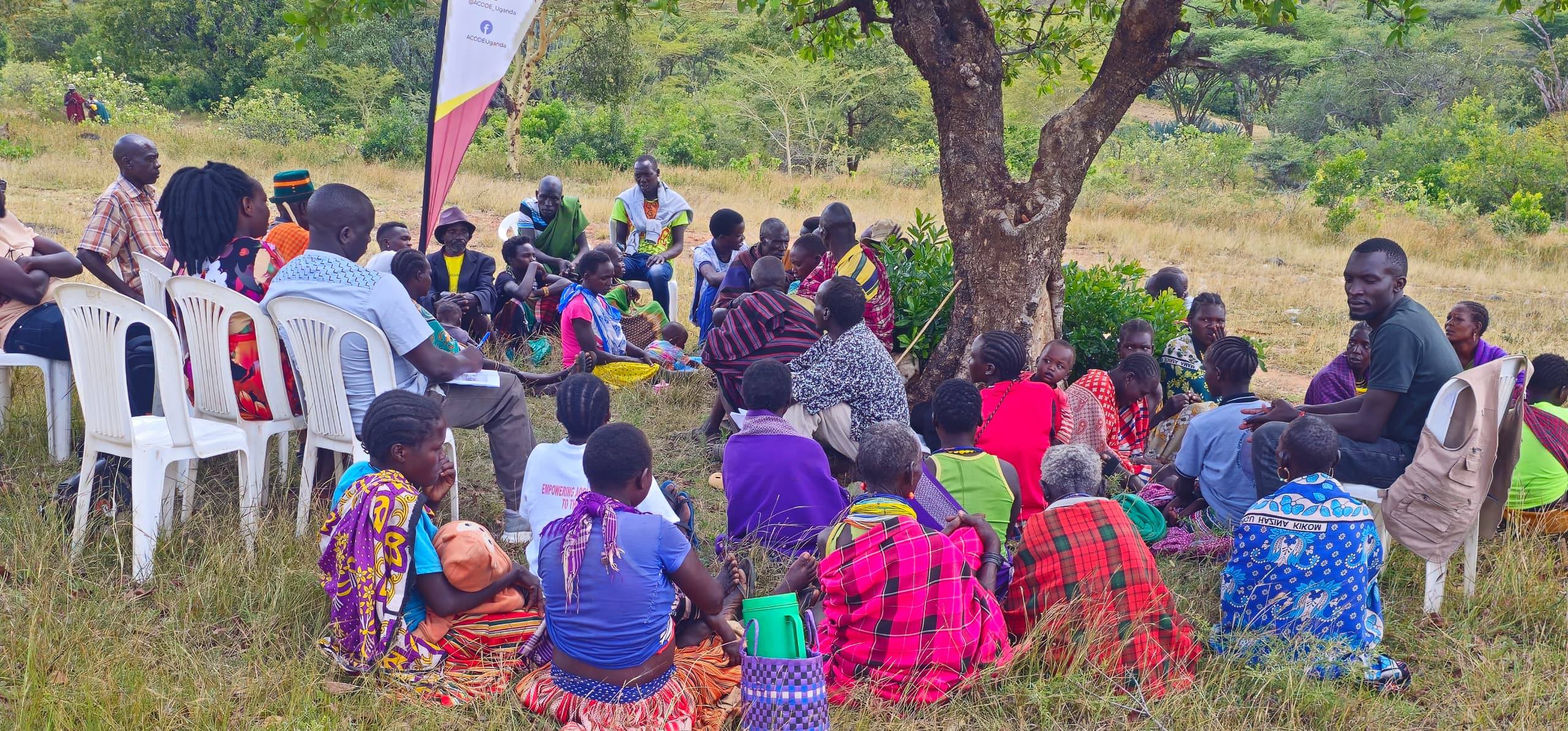
KAABONG, UGANDA – In the rugged landscapes of Timu Sub-County in Kaabong District, ACODE and partners – Karamoja Herders of the Horn (KHH), National Forestry Authority (NFA), and Timu Child and Youth Development Centre (CYDC) – recently convened a community engagement meeting with the indigenous IK community to strengthen collaborative forest management activities in the region.
This engagement is a part of ACODE’s ongoing work in Karamoja and West Nile under the Strengthening Civic Engagement, Voice, Service Delivery, and Climate Justice for Improved Accountability in Uganda project. Although the IK community pledged their support to NFA, it also expressed concerns relating to conservation, security, and its survival
Read MoreCommunity Action Led to Critical Infrastructure Projects in Nebbi and Kotido Districts
Posted on: 2025-11-21 15:55:10
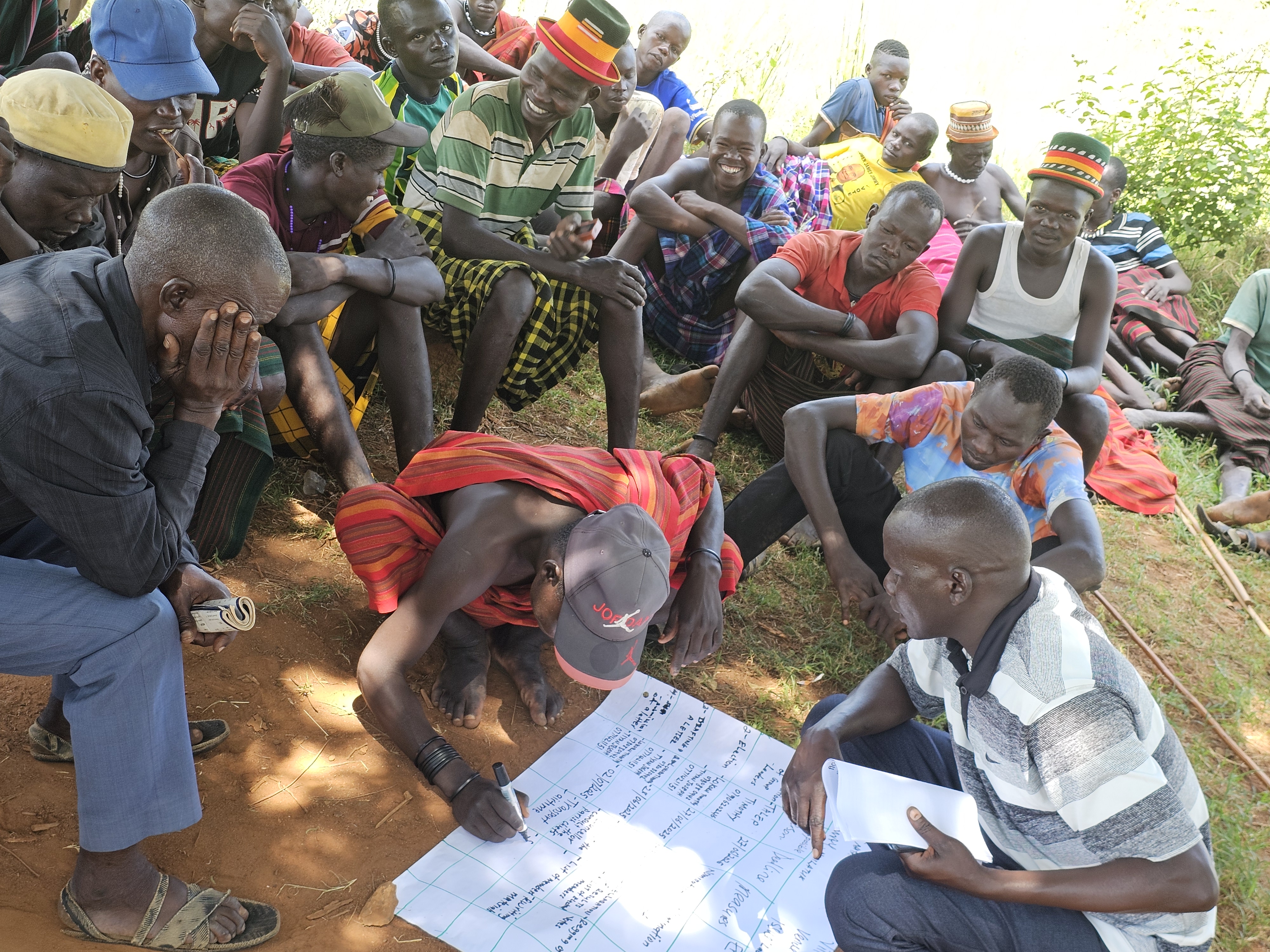
Across Uganda, communities are taking action to address critical infrastructure challenges, proving that organised civic engagement can directly influence government decisions. Two recent success stories from the Nebbi and Kotido districts highlight how informed citizens, with support from civil society organisations (CSOs), are securing vital improvements to roads and bridges.
For months, residents of Umonda Village and Boma East Village in Nebbi District were cut off from essential services after the Umonda bridge collapsed due to heavy rains. This left children facing dangerous detours to reach Goli Mixed Primary School, and farmers were unable to access the Goli Customs Market, leading to increased poverty and isolation.
Read MoreNFA and ACODE Strengthen Partnership to Safeguard Uganda’s Forest Reserves
Posted on: 2025-11-21 15:37:55
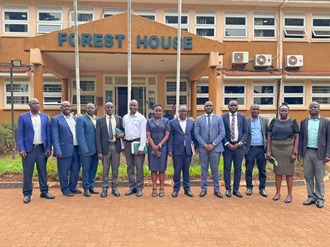
KAMPALA, UGANDA – The Advocates Coalition for Development and Environment (ACODE) and the National Forestry Authority (NFA) have officially reaffirmed their commitment to work together to protect Uganda’s forest resources. The renewed partnership will focus on promoting sustainable forest management, enhancing transparency, and strengthening community engagement in conservation efforts.
The announcement followed a high-level engagement held at the NFA headquarters in Kampala. During the meeting, technical teams from both institutions discussed strategies to better protect Uganda’s Central Forest Reserves, facing increasing pressure from environmental threats and illegal human activities. This collaboration is a central part of our project dubbed “Strengthening Civic Engagement, Voice, Service Delivery, and Climate Justice” in Karamoja and West Nile regions.
Read MoreKosike Women Petition District Council, Citing Dangerous 8km Journeys to Access Maternal Healthcare
Posted on: 2025-11-21 15:37:55
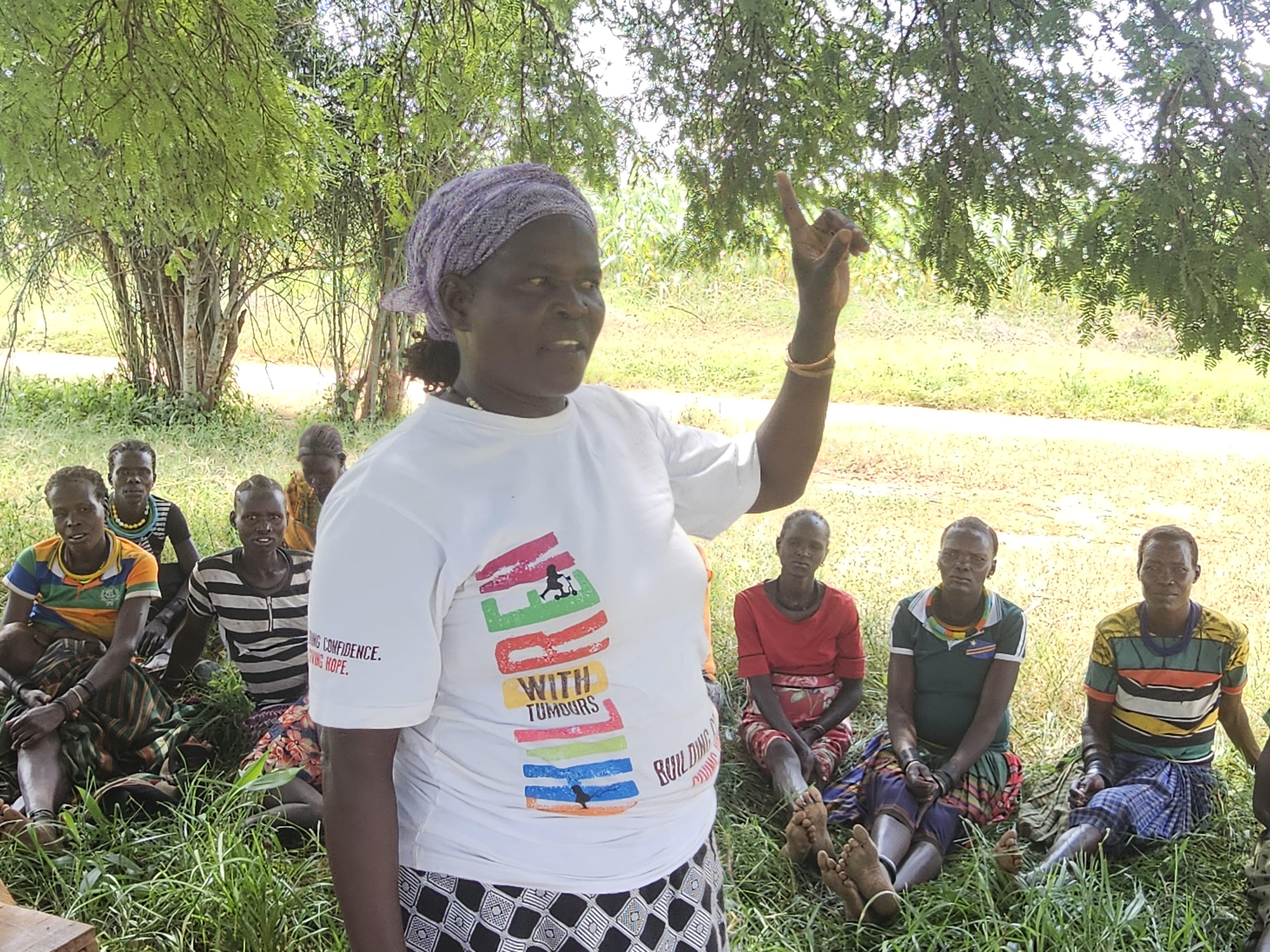
KARAMOJA, UGANDA – Women in Kosike Sub-County, Nabilatuk District, are taking formal action to demand a local health facility after revealing the life-threatening challenges they face accessing maternal healthcare, including giving birth on the roadside. The call to action was a key outcome of a community meeting on service delivery and climate justice held on Saturday, 28th June 2025.
During the Citizen Engagement Meeting, organised by the Advocates Coalition for Development and Environment (ACODE) and its local partners KHH, r-PIDO, and ATEDO, women from the community voiced their struggles to the local Woman Councillor. They detailed how the absence of a nearby clinic makes it difficult to complete mandatory immunisation schedules and essential antenatal care visits. The most alarming concern raised was the dangerous 8-kilometre journey to Nabilatuk Health Centre IV. According to the report, “Some of the women end up giving birth on the way,” a stark illustration of the urgent need for local services.
Read More
